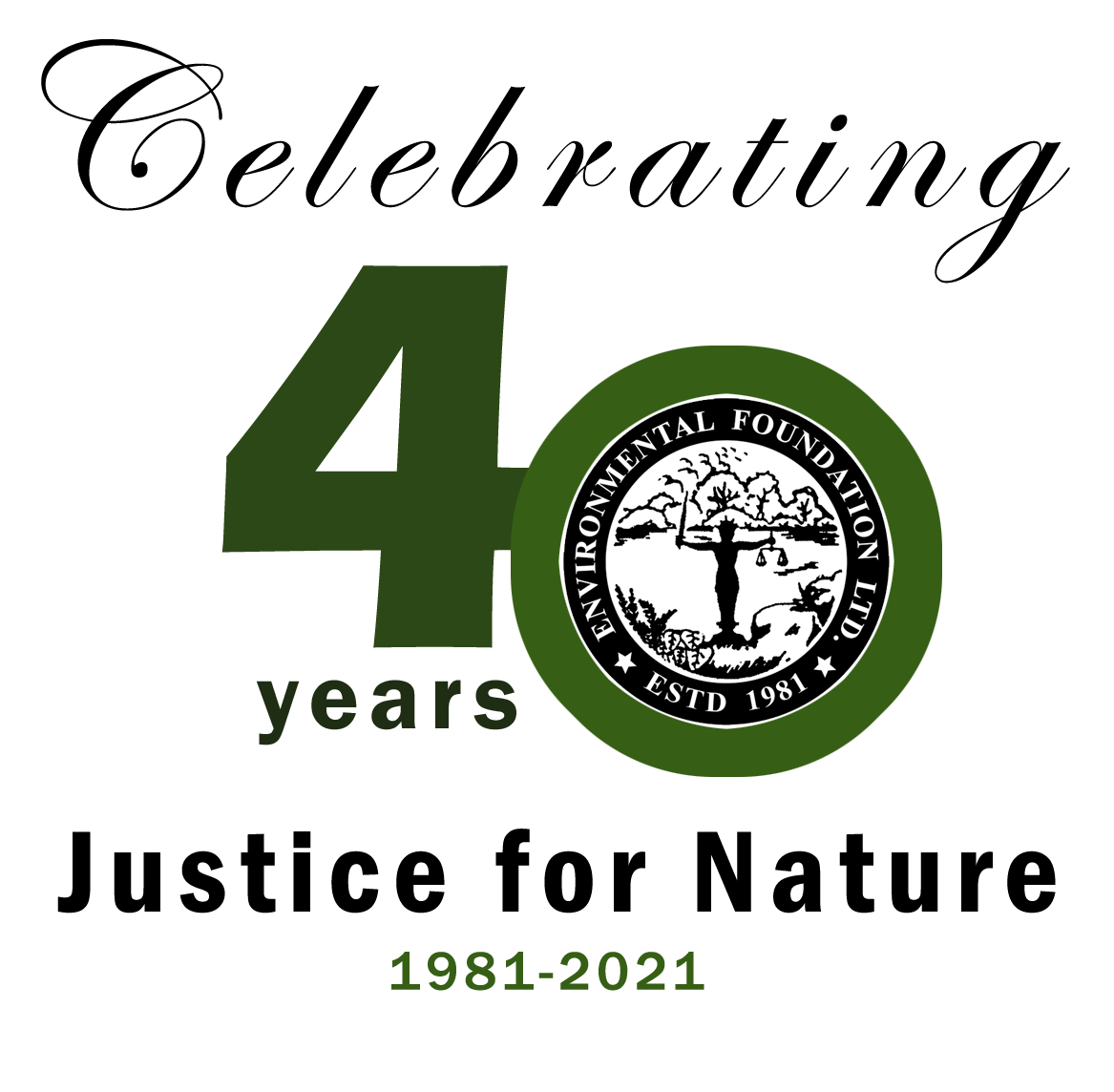The Metro Colombo Solid Waste Management Project plans to solve the capital city’s escalating waste mismanagement problem, which culminated in the disaster at Meethotamulla. The project involves the collection and compression of solid waste from the municipal and urban councils of Colombo at a transfer station in Kelaniya. The waste will then be transported by train to Aruwakkalu, Puttalam where it will be deposited at a sanitary land fill, which will be in keeping with international standards. While this project represents
Environmental Foundation (Guarantee) Limited filed a Fundamental Rights application in the Supreme Court (SC (Ref) No. 243/2017 pending support) objecting to the illegal disposal of solid waste in the Muthurajawela sanctuary, the Kotikawatta Garbage Disposal Site and several other locations, on the 14th of July 2017. The respondents for the case include, among others, the Central Environmental Authority, the Ministry of Provincial Councils and Local Governments, Colombo Municipal Council and Urban Development Authority. The grievances highlighted in the petition include
Given the recent calamity at Meethotamulla and the ill-advised decision to dump garbage in Muthurajawela, a wetland sanctuary under the Fauna and Flora Ordinance, it is useful to consider the background to waste management in Sri Lanka. Sri Lanka generates 7000MT of solid waste per day with the Western Province accounting for nearly 60% of waste generation. Each person generates an average of 1-0.4kg of waste per day. According to the Waste Management Authority and the Central Environmental Authority, only half
A respite from Colombo’s urban sprawl is often found in an intricate network of urban wetlands across the city. While wetlands regulate temperature, reduce the impact of floods and sequester carbon, these urban ecosystems are frequently and recklessly allotted for the purpose of garbage disposal, with one of South Asia’s largest garbage dumps situated in the Boralesgamuwa wetland. Even designated Ramsar Sites are not exempt, with a recommendation to establish a 5 acre site in Muthurajawela, in the Wattala Divisional
A little more than 3km from Meethotamulla, the towering garbage dump that led to the loss of 30 lives, is another stark example of Colombo’s urban solid waste mismanagement: the Kotikawatta dumping ground. Kotikawatta – Mulleriya Pradeshiya Sabha began dumping waste in Kotikawatta in 2007, in the Kotikawatta cemetery which was located at a higher elevation, yet with time the garbage began to spread to the lower paddy fields that belonged to 15- 20 private landowners. While the extent of





